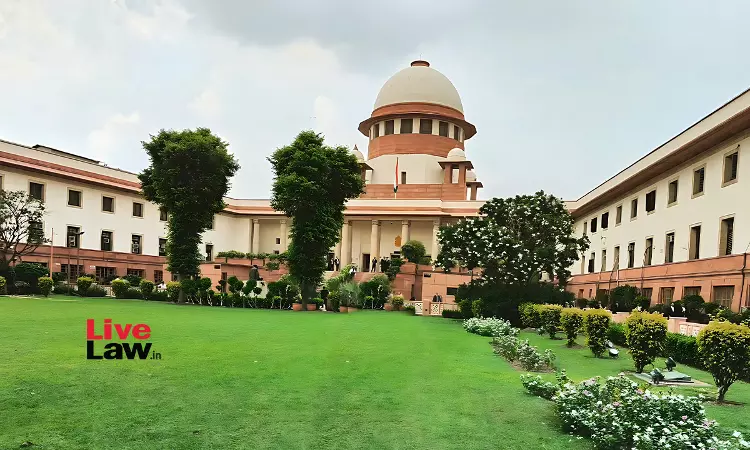Principles Of Applying Section 106 Of Evidence Act : Supreme Court Explains
Suraj Parmar
7 Oct 2023 7:29 PM IST

Next Story
7 Oct 2023 7:29 PM IST
The Supreme Court recently held that Section 106 of the Evidence Act does not inherently impose a burden on the accused but comes into play when the accused fails to provide any explanation regarding facts that should be within their knowledge, facts that could support theories compatible with their innocence.The Court observed, “We consider the true rule to be that Section 106 does not...
